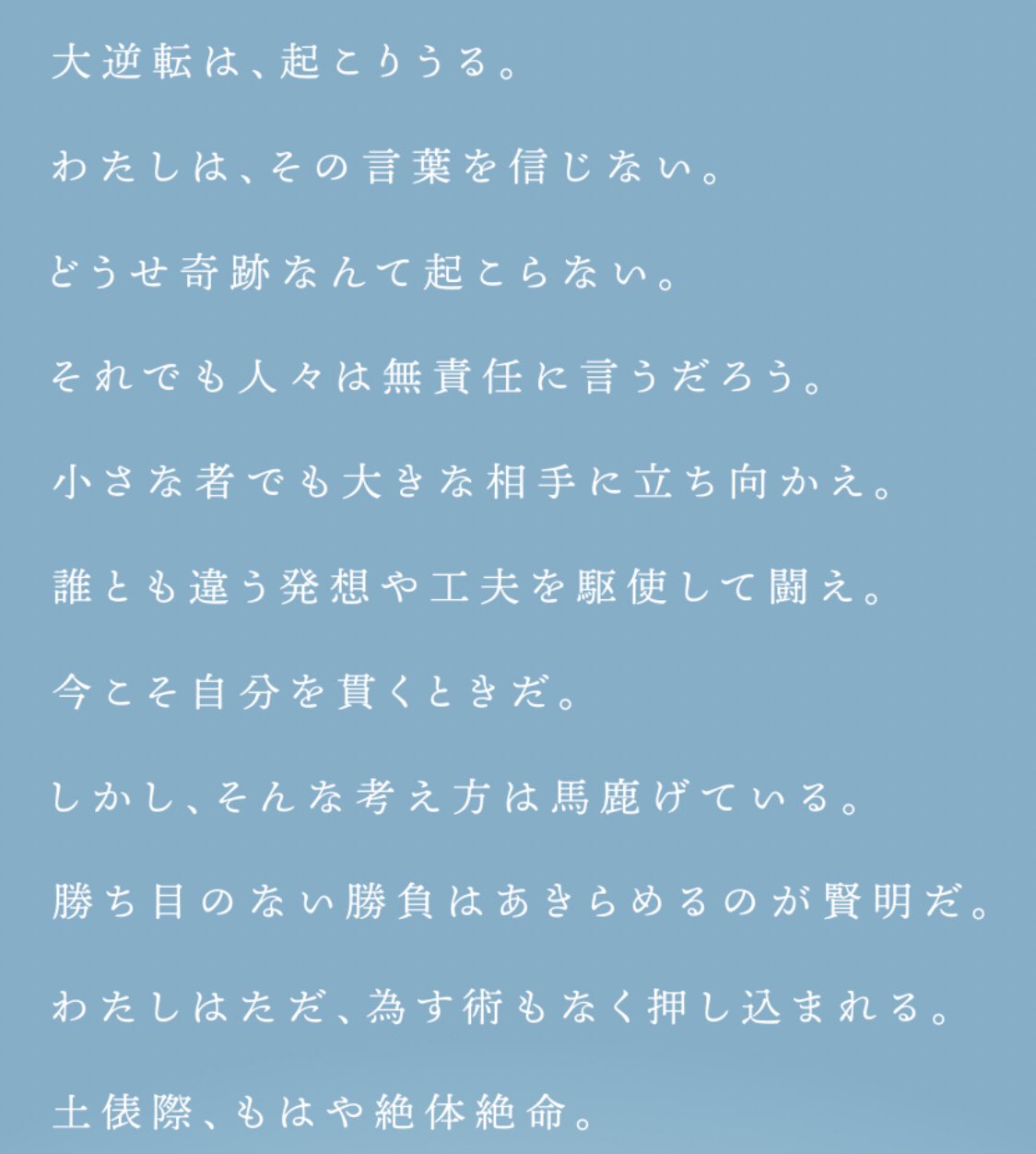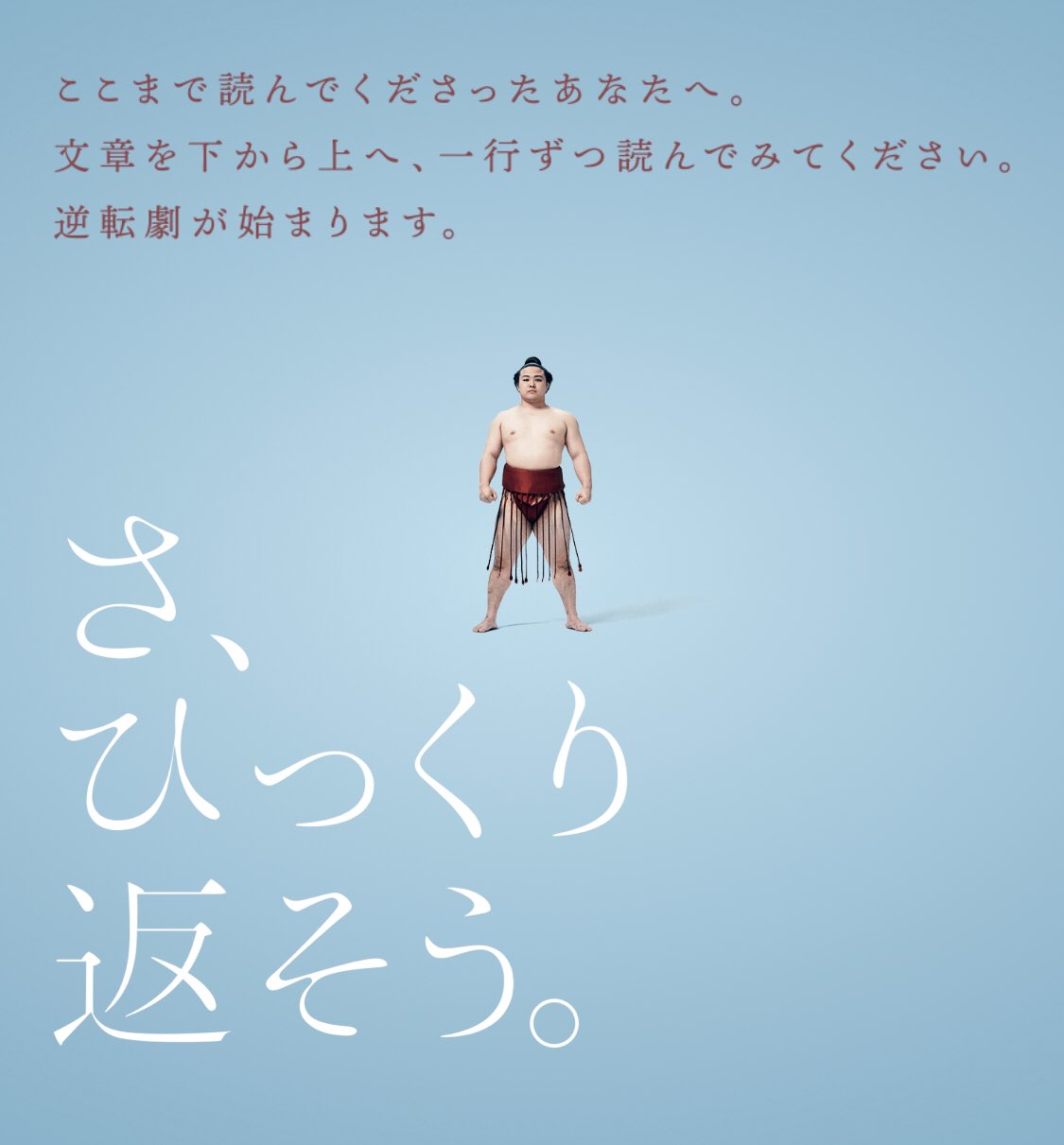Devon Turnbull’s Handcrafted Speakers are the Most Premium Audio Experience Around
Commanding and retro, low-tech and sculptural, the speakers have amassed a fanbase that includes Supreme, Saturdays NYC, and Virgil Abloh.
BY NATE STOREYPHOTOGRAPHS BY JONATHAN HÖKKLODecember 05, 2019
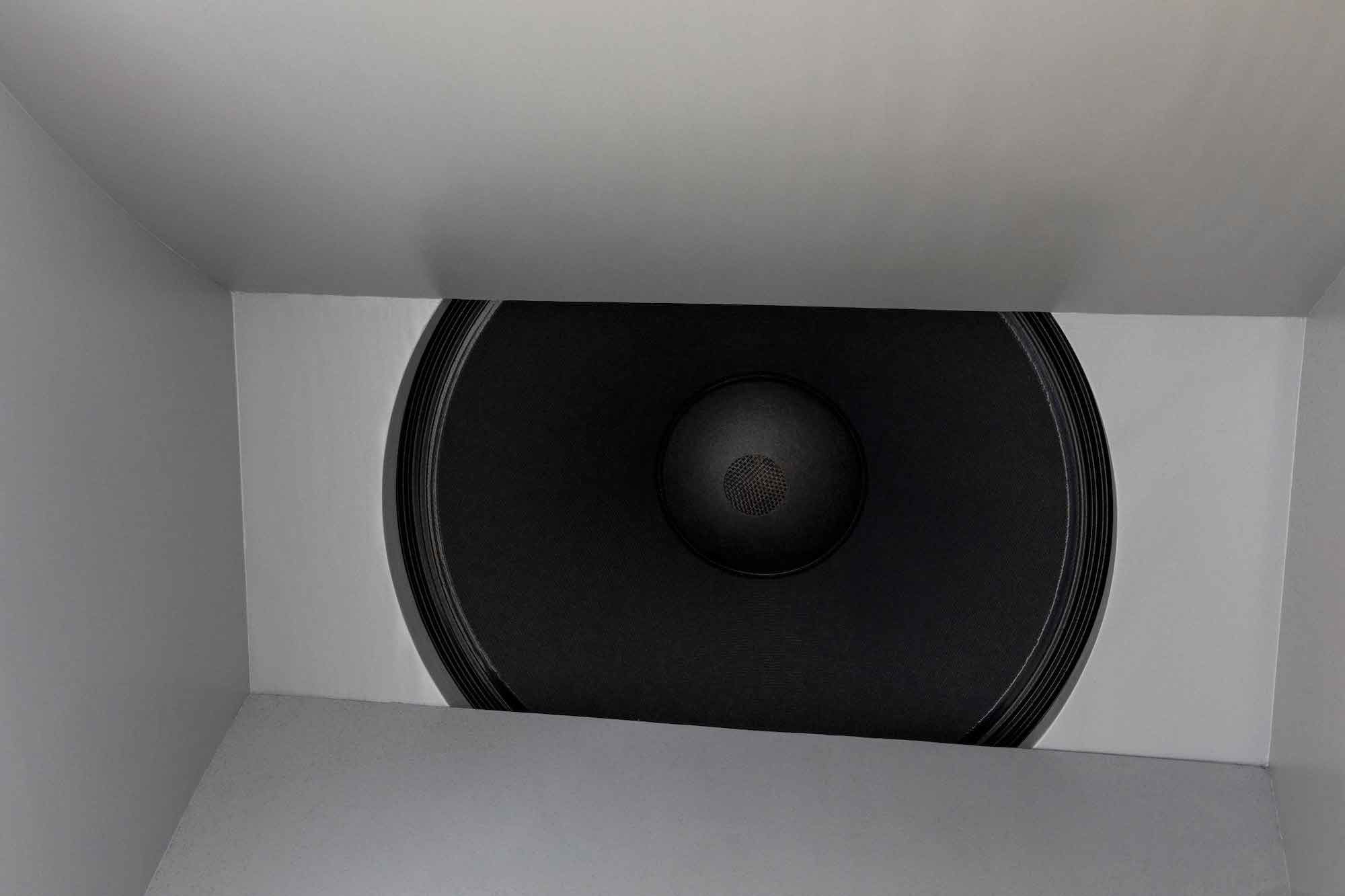
Detail view of the Ojas 816 custom speaker.
Devon Turnbull has a lot of guys. He’s got a tube amplifier guy in Tokyo, a vintage drivers guy in Oklahoma City, and a transformer guy who is tinkering away in a Philadelphia basement. His Brooklyn Navy Yard guys take care of his metalwork needs. “It’s not like you can just call a distributor—they’re all artisanal products,” says Turnbull, who founded Ojas, an audio brand dedicated to heritage ideals. “You need to get them from individual makers.”
Turnbull’s custom-built speakers eschew nearly every trend in modern electronics. In an industry obsessed with making products smaller and more compact, his are big, heavy, and brutish. They are also sculptures in their own right. If it seems counterintuitive to meticulously source old- school audio parts when the market’s consumer products have never felt more accessible and cutting-edge, a few minutes listening to a melodic Amy Winehouse track crooning through one of Turnbull’s behemoths will convince even the most jaded audiophile. “When people first hear the sound, they’re blown away,” he says. “I have a few friends who had almost an emotional response to it, like whoa.”
Turnbull’s fan base has high-profile members, among them Supreme and Saturdays NYC, both of which have commissioned him to outfit their shops from San Francisco to Japan. He recently installed an ambitious sound system at Public Records, a music-centric space in Brooklyn’s Gowanus neighborhood, that features a rare record bar, performance venue, vegan café, and specialty magazine kiosk. Some even consider his speakers a form of fine art—when Off-White designer Virgil Abloh, the artistic director of Louis Vuitton menswear, first spotted an original rough-hewn model at Turnbull’s house, he asked him to recreate it for his traveling cross-disciplinary exhibition, “Figures of Speech,” currently on view at Atlanta’s High Museum of Art. Turnbull ended up giving Abloh the one in his house, which is on display with a translucent Pioneer DJ turntable—along with a cease and desist letter from the United Nations ordering Abloh to stop using its logo on his DJ performance fliers. Turnbull is currently planning an installation for the Off-White store in New York.
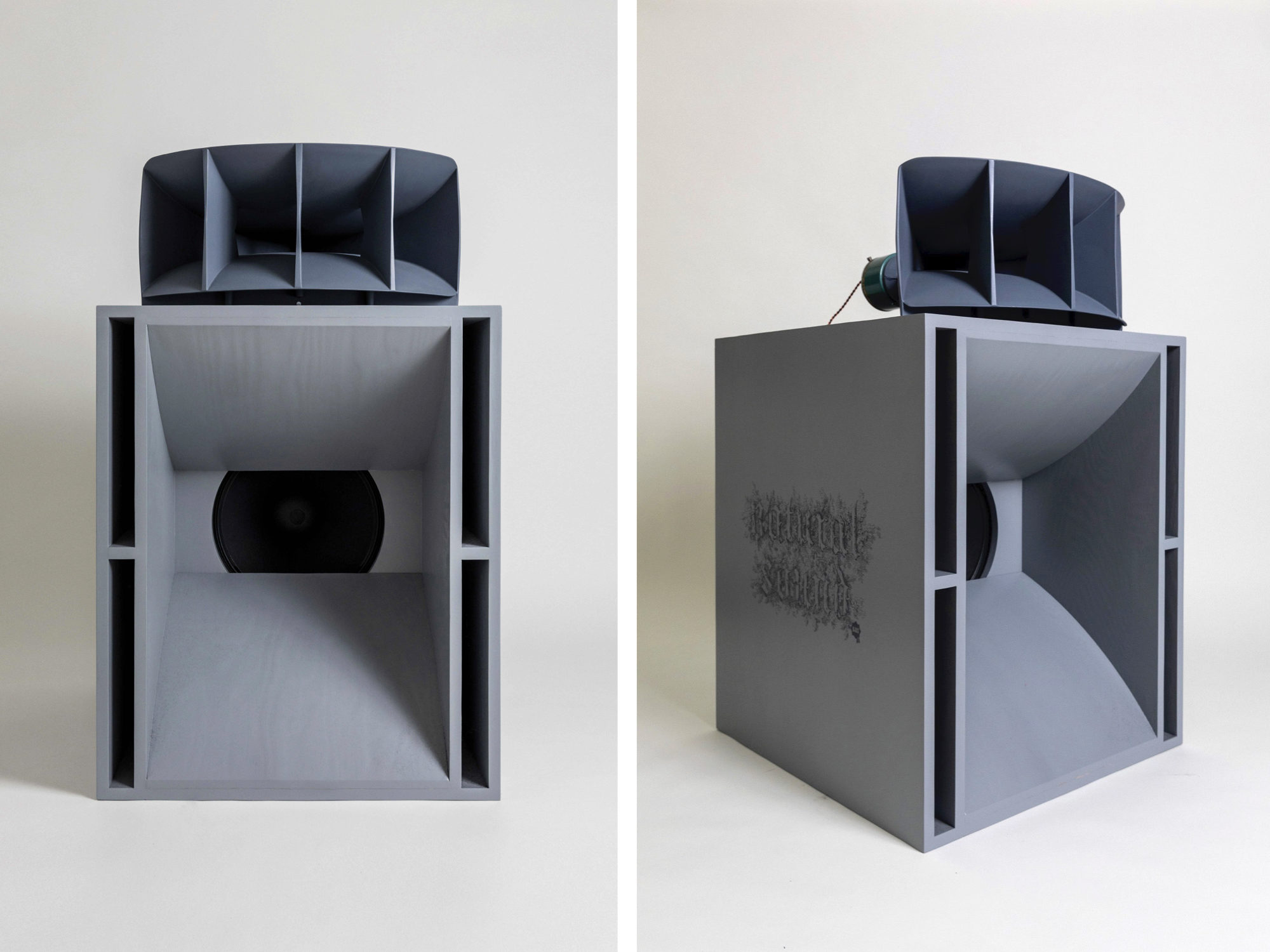
Custom Ojas 816 speaker by Devon Turnbull.
When people first hear the sound, they’re blown away. I have a few friends who had almost an emotional response to it, like whoa.” — DEVON TURNBULL
The fashion industry’s embrace of Ojas comes as no surprise. Turnbull got his start in fashion as cofounder of trailblazing streetwear label Nom de Guerre, an early cultivator of the genre-mashing ethos that has become ubiquitous in today’s brand landscape. (Abloh’s admiration of Nom de Guerre ignited their friendship, and Turnbull has since designed tee shirts with both Off-White and Louis Vuitton.) His introduction to the audiophile subculture came during visits to Nom de Guerre’s production office in Japan, where he became enraptured, teaching himself to build every component of the signal chain, from turntables to the speakers.
He’s since become a master. The musical, organic sound quality begets a clarity that today’s high-tech products simply don’t provide. “Everything we’re listening to right now could have been in the ’50s or ’60s,” says Turnbull, motioning from the kitchen table of his Brooklyn townhouse toward a pearl gray speaker in the living room. His design philosophy is deeply rooted in what he calls the golden age of American sound, particularly Altec Lansing, which grew out of a company called Western Electric in the 1930s. (Altec’s lineage was disrupted when it was acquired by another company in the 1990s. The original designs and patents were bequeathed to one of its engineers at the time—Turnbull’s Oklahoma City guy.)
In addition to the laborious sourcing process, one of Turnbull’s biggest hurdles is his aging network—most of his supply chain is near or beyond retirement. “Young generations view what these guys do as obsolete,” he says. “At its purest form, what I’m trying to do relies on the continuation of these products. They do something special.”
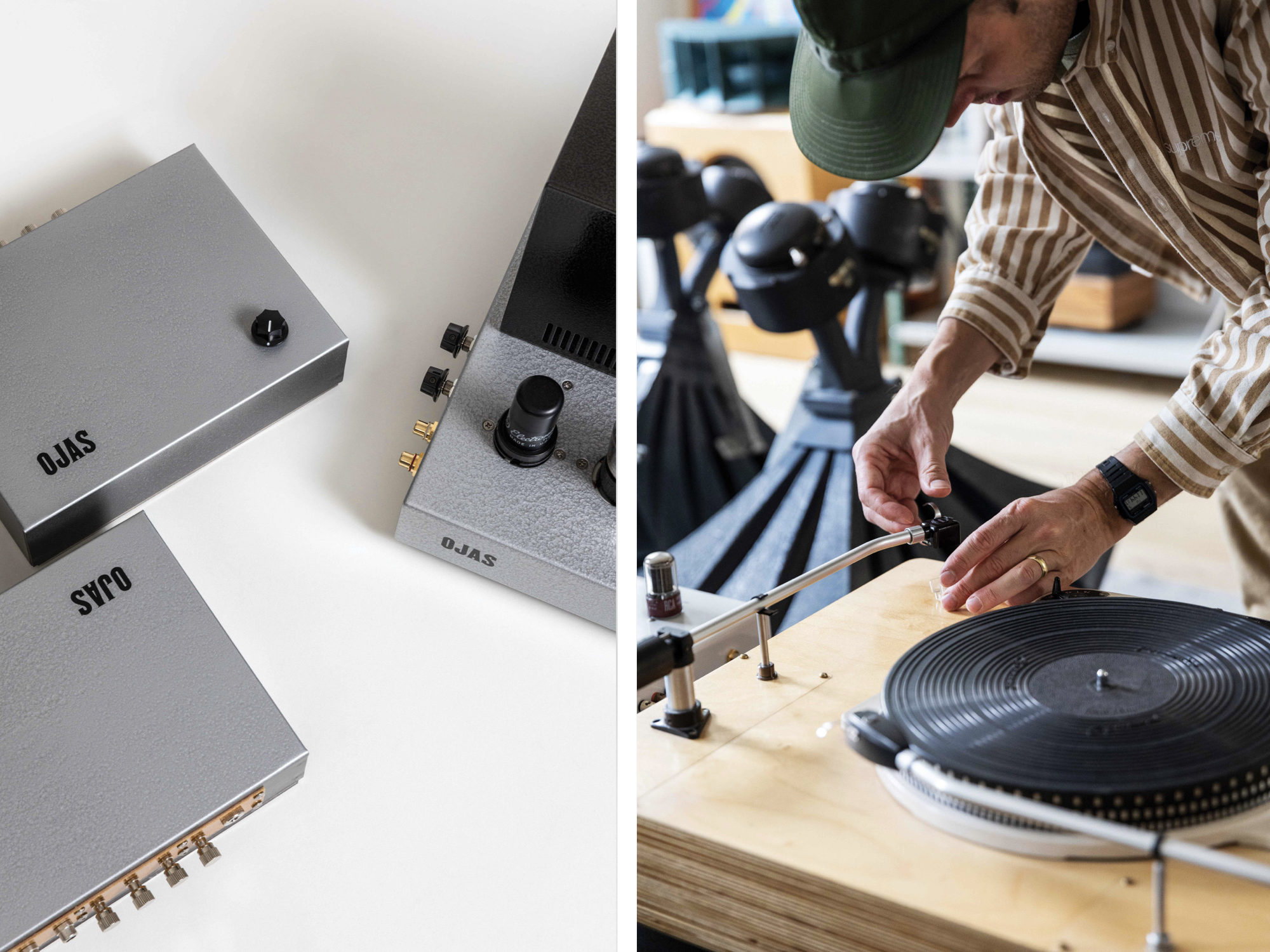
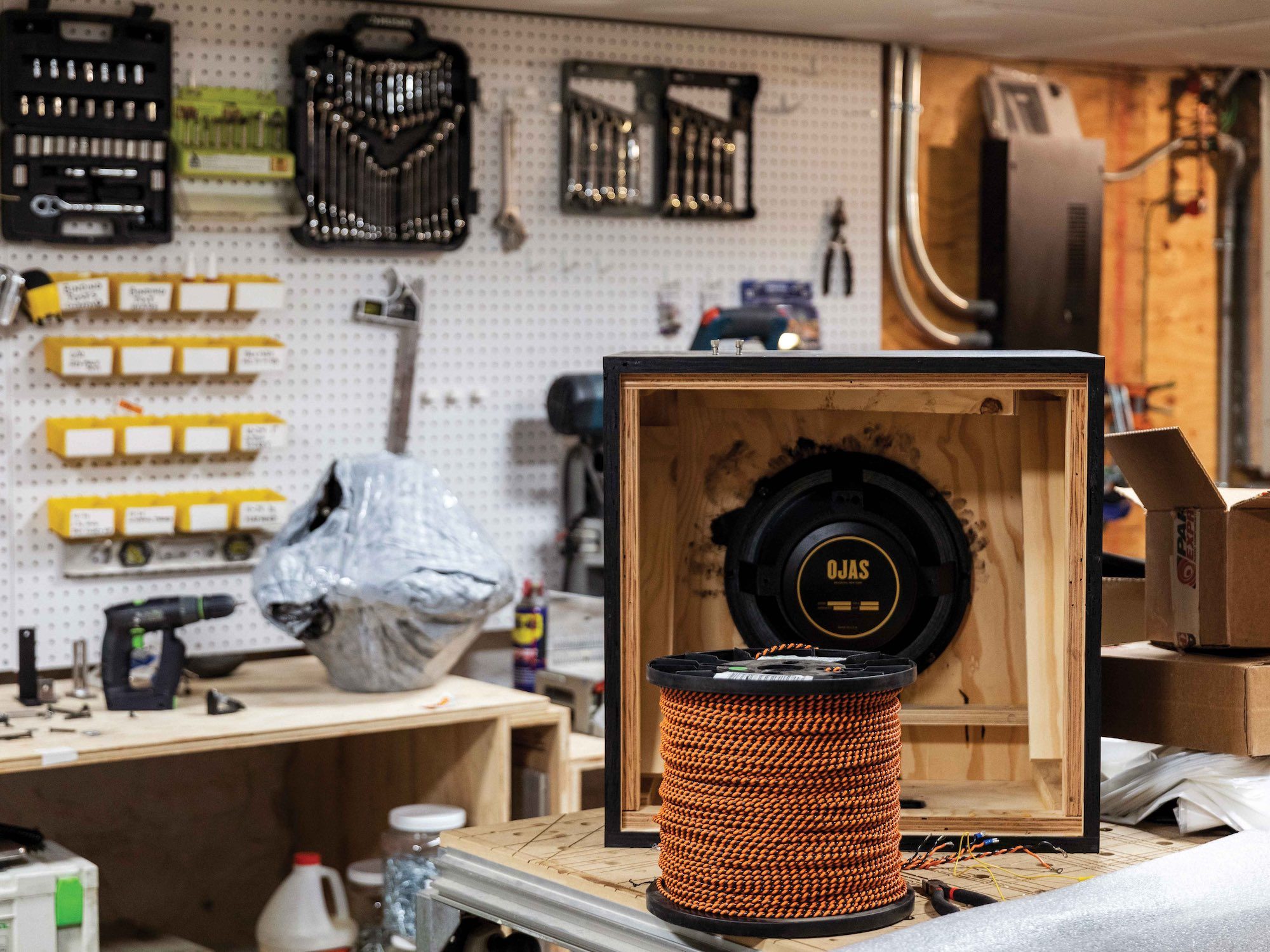
Devon Turnbull’s Brooklyn studio.
Ojas isn’t a lifestyle brand for vinyl-spinning hipsters who want cool, old things. Each speaker acts as a portal to a fully optimized, horn-loaded hi-fi listening experience. They can take months to assemble, with a price tag that begins at a few thousand dollars and tops out around $30,000. To understand the complex technical engineering involved means going down a rabbit hole of single-ended triode circuits and low-power tube amps. But believe it or not, the defining characteristic of each speaker is its simplicity. “The equipment has to be big and heavy to the point that it’s quite a burden. But down on the schematic level, it’s actually only a few components hooked up instead of all these microprocessors and circuit boards,” Turnbull says. “Maximal minimalism.”
His journey from hobbyist to cult speaker manufacturer is full of eccentric places and characters who have since become his guys. On a pilgrimage to meet his Tokyo connection, who runs an import-export vintage equipment business, he gained a new understanding of fetishization. “The audio electronics culture in Japan is very hardcore—passionate to a level that we rarely see in America,” says Turnbull, recalling the three days he spent viewing the distributor’s world-class collection and traveling to Fukushima to see his plans to build an audio museum.
The biggest revelation of Turnbull’s education, however, has been his preference in music. “Getting into this kind of equipment informs your music taste in a really cool way,” he says as Steve Reich’s minimal composition Music for 18 Musicians murmurs in the background. “I’ll be listening to a really clean Billie Holiday record having never considered whether or not I even liked this music before. Out of context, you may hear it in a movie or on the radio, and it sounds whatever.”
Turnbull often reminisces about his college days, when he moonlighted as a hip-hop DJ. Since then, the way he experiences music has evolved drastically. He often prefers listening to recorded music on one of his hi-fi sound systems to seeing a band live. “The album recording is the work of art, he says. “After all, you don’t go to watch people paint live.”
text, images from SURFACE





